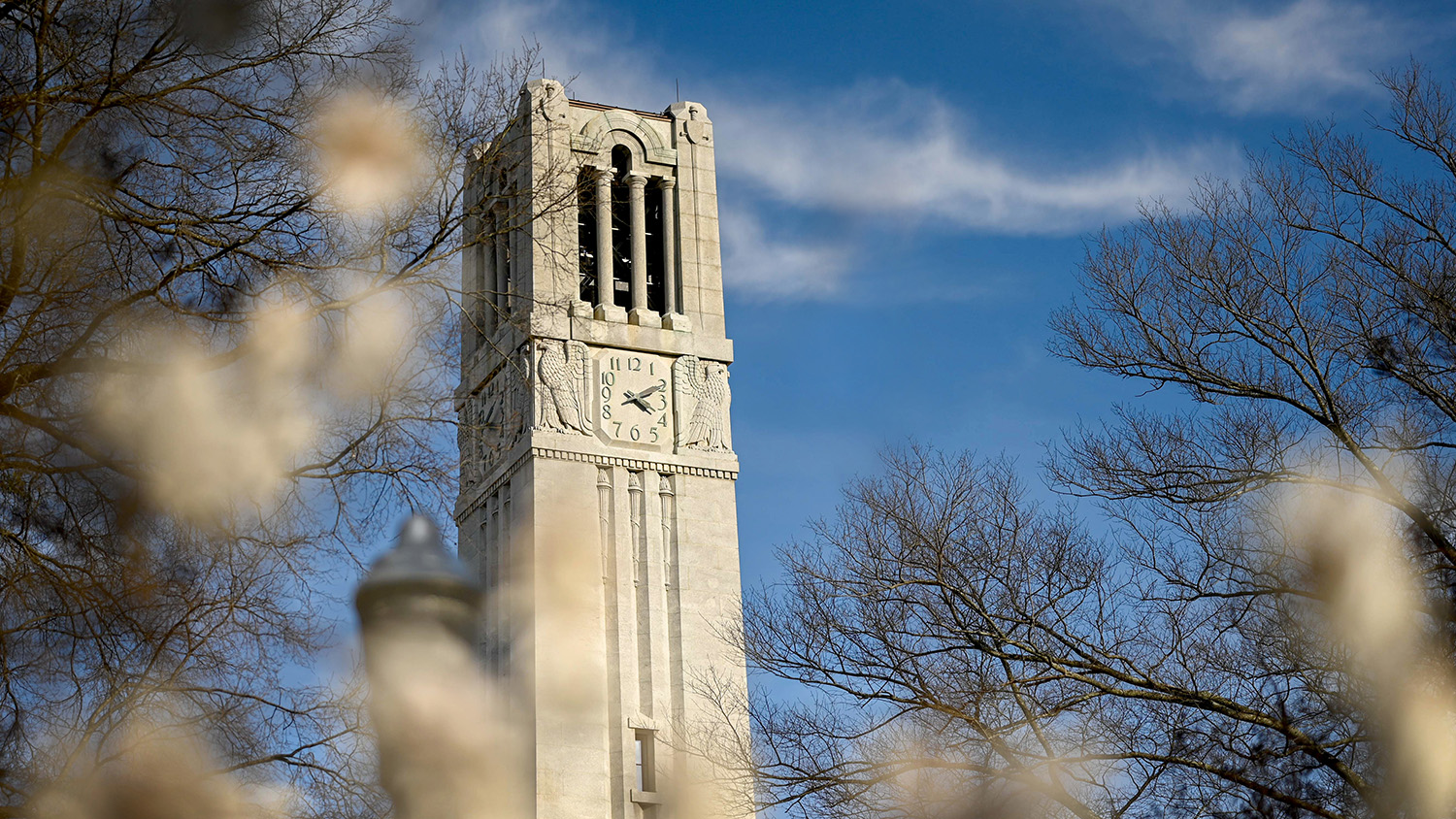Making Wellness a Priority

With the advent of the COVID-19 pandemic nearing the one-year mark, NC State continues to make operational adjustments for the health and safety of the campus community. To that end, university administration, along with faculty, staff and students, generated the idea of Wellness Days for the spring semester.
The Wellness Days will be held February 9, March 5, March 24 and April 15. During these days, no classes will be held and faculty are asked to abstain from assigning any deadlines or tests on days immediately following Wellness Days. Due to the addition of these days, there will be no spring break.
Working Toward Wellness
“Faculty and students expressed concerns during the fall semester about the challenges of taking so many courses online, which included stress, fatigue, and anxiety,” said Louis Hunt, senior vice provost for Enrollment Management and Services. “There was general consensus that a week-long spring break involving a mass exit and quick return to campus was not a good idea. The idea of distributing the days associated with a normal spring break across the semester emerged and is something we observed at other institutions.”
Chancellor Randy Woodson, Executive Vice Chancellor and Provost Warwick Arden, the Office of Registration and Records, the Registration, Records, and Calendar Committee, faculty with related expertise, and students, including members of Student Government, were involved in the creation of the Wellness Days. Many other universities around the country, including UNC-Chapel Hill have also implemented wellness days for the spring semester.
“Students need breaks throughout the semester to reset, recharge, and practice care. The fall semester was incredibly draining on students, and they need sustained, intentional breaks away from school work and assignments to be able to take care of themselves,” said Coleman Simpson, Student Senate president. “Student Government expressed concerns over the lack of a sustained and lengthy break on student’s mental health and overall wellbeing. We heard concerns about many students, and shared those concerns in conversations with the chancellor and university leadership.”
A Holistic Effort
In addition to a break from classes, various virtual and in-person events and workshops will take place to help support students’ mental health and holistic well-being. Events for the February 9 date include bingo and indoor volleyball and kickball with Wolfpack Wellness; a celebration of sweet potatoes at Fountain Dining Hall; and virtual Cocoa and Coloring, Flower Fest, the Great CRC Bake-Off and Mindful vs. Mindfull events.
Even a normal semester can be incredibly stressful, but the COVID-19 pandemic has amplified those stresses for faculty and students. The days, and scheduled events, provide a respite for the mental and physical fatigue of teaching and learning during a pandemic.
“Students are incredibly concerned about not having a longer break for the semester to completely separate themselves from their schoolwork and to recharge,” said Simpson. “To make sure that students are able to take full advantage of the days, we’re encouraging instructors to not make assignments due on Wellness Days. We’re also wanting our community to share what their plans are for resting and recharging.”
Helpful Resources
Faculty interested in promoting student wellness can access these Student Mental Health Resources for Faculty. These resources help faculty connect students to vital support services while recognizing their own limitations. Additionally, DELTA Faculty Fellows have compiled helpful advice on ways faculty can care for their students and peers during the spring semester.
It is likely that Wellness Days will not be considered again for future semesters, as many members of the campus community would like to see a return to normal operations, including a traditional spring break. Even so, the campus community is encouraged to take the designated days this semester to rest, reflect and recharge for the days ahead.
- Categories:


